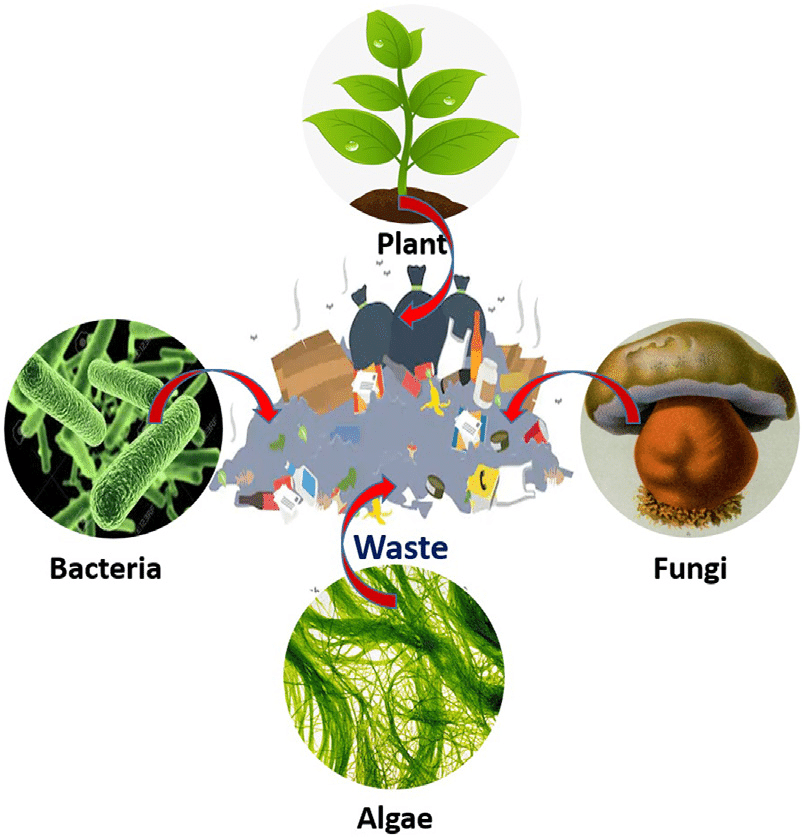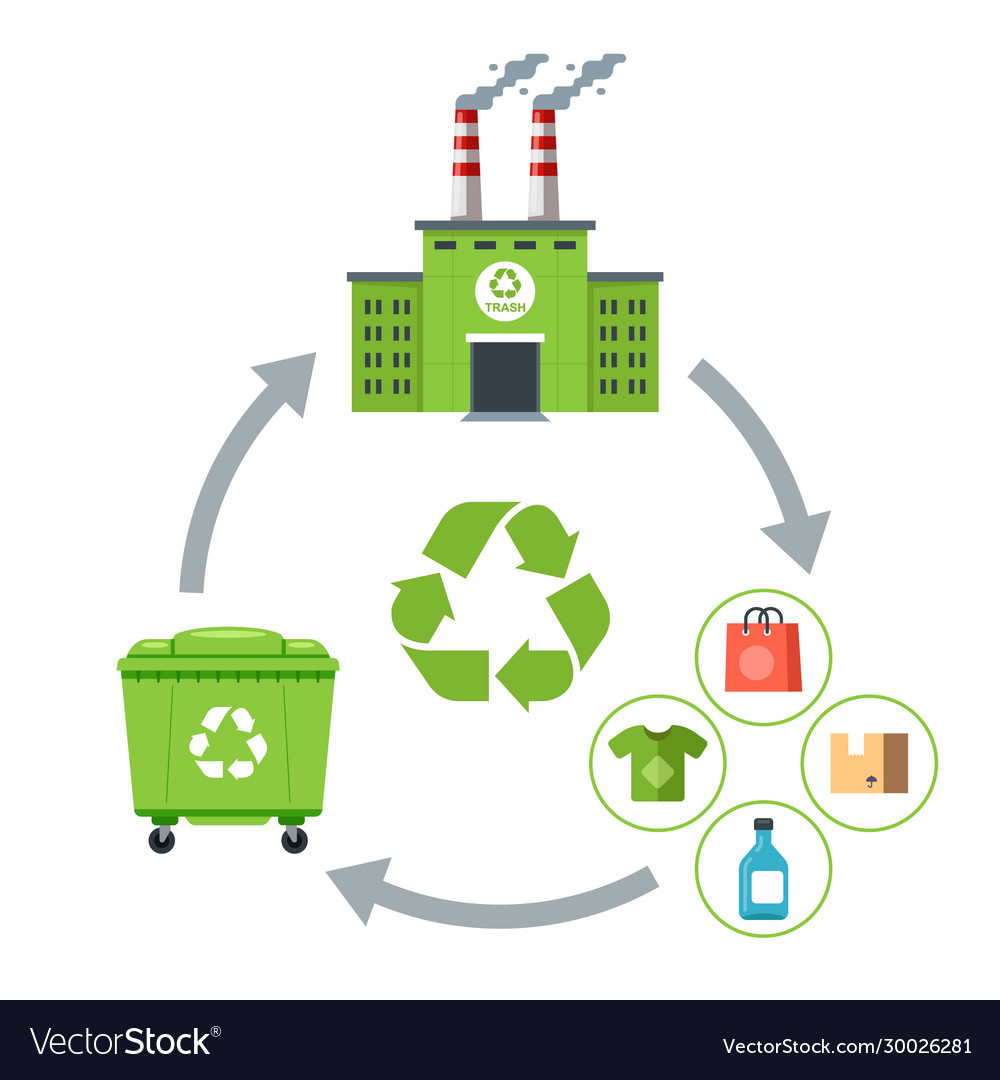Waste processing
We offer waste processing that consists of a series of actions and technologies designed to manage and treat waste materials in an environmentally responsible manner. The main goal of waste processing is to reduce the volume of waste and recover valuable resources from it to minimize the environmental impact of the waste.
Legacy waste bioremediation
We offer the service of Legacy waste bioremediation which includes the processing of biological methods to clean up and remediate environmental pollution caused by long-standing or historical waste deposits. The legacy waste bioremediation method typically refers to waste that has accumulated over an extended period, often resulting in contamination of soil, water, or air. We provide a bioremediation harnesses method that preserves the natural abilities of microorganisms to break down or transform pollutants, promoting the restoration of the affected environment.


Waste to energy at Jabalpur
Waste-to-energy is the process of collecting non-recyclable waste, often referred to as residual or municipal solid waste, from residential, commercial, and industrial sources and converting them into energy.
For this, the waste needs to be passed through several processes such as burning waste and converting it into ashes. This approach not only helps in waste management but also contributes to the generation of electricity or heat in an environmentally friendly manner.
Waste to compost at Lucknow, Jabalpur and Chhindwara
Waste-to-compost is a process that involves converting organic waste materials into nutrient-rich compost through controlled decomposition. In the step to process it, the organic waste materials, such as kitchen scraps, yard trimmings, and other biodegradable materials, are collected from households, businesses, and other sources. The waste is then sorted to remove any contaminants, such as plastics, metals, or other non-biodegradable materials from the waste. After going through different processes such as Shredding or Chipping, ration and turning, Microbial Decomposition, etc. the waste is converted to a valuable product. This eco-friendly approach not only helps in waste reduction but also produces a valuable product that can be used to enhance soil fertility.


Waste to production
"Waste-to-production" typically refers to the concept of converting waste materials into usable products or resources through various processes. Recycling is a fundamental aspect of waste-to-production, followed by upcycling which involves transforming waste materials into products of higher value or quality.
The production of waste involves different types of innovation on waste to convert it into energy or products such as recycled plastic products, upcycled furniture, and fashion items. The process of Bioconversion involves using biological organisms to break down organic waste into valuable compost or fertilizers.
Strategies are obtained to reduce the environmental impact of waste, conserving resources, and fostering a more sustainable and circular economy.